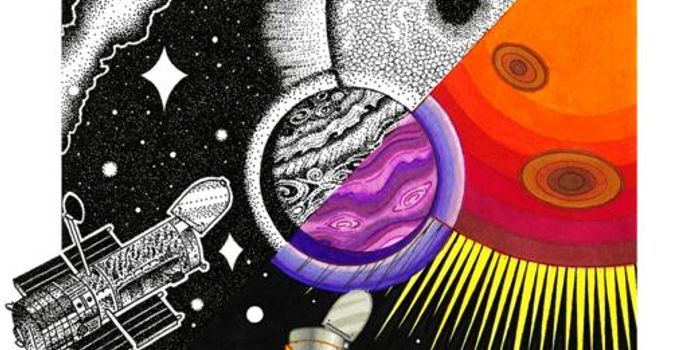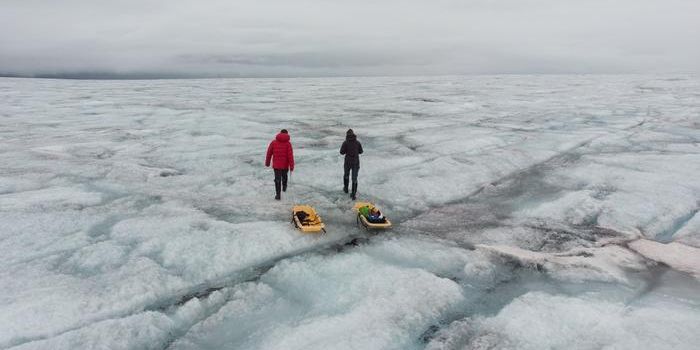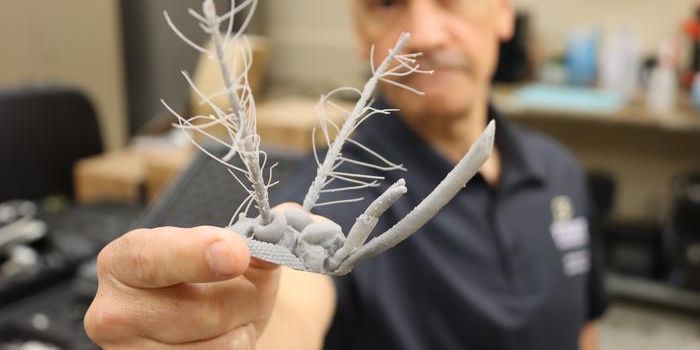Greater Than 1.1 Million Sea Turtles Poached Over The Last 30 Years
In a recent study published in Global Change Biology, an international team of researchers led by Arizona State University (ASU) estimate that greater than 1.1 million seat turtles have been poached—illegally killed and, in some cases, trafficked—between 1990 and 2020. While current laws exist to prevent such actions, up to 44,000 sea turtles were estimated to have been exploited each year over the past 10 years. This exploitation is believed to have occurred in 65 countries or territories and involving 44 of the world’s 58 sea turtle populations. This study holds the potential to acknowledge one of the most disturbing threats to wildlife biodiversity, in addition to climate change, and was conducted with the collaboration of scientists from the United States, United Kingdom, and Germany.
While these numbers over the last 30 years are alarming, the researchers noted—and were surprised—by an approximate 28% decline in sea turtle exploitation over the last 10 years. This surprise decline came after they initially expected to observe reported poaching to increased overall.
"The decline over the past decade could be due to increased protective legislation and enhanced conservation efforts, coupled with an increase in awareness of the problem or changing local norms and traditions," says Kayla Burgher, a PhD student in ASU's environmental life sciences program in the School of Life Sciences, and a co-author on the study.
Along with the 28% decline, the research team discovered that the majority of the reported illegal exploitation over the past 10 years happened in sea turtle populations that were large, genetically diverse, and stable.
"What this means is that most of these sea turtles came from healthy, low-risk populations, which suggests that, with a few exceptions, current levels of illegal exploitation are likely not having a major detrimental impact on most major sea turtle populations throughout the world's oceans,” says Dr. Jesse Senko, who is an assistant research professor with ASU’s School for the Future of Innovation in Society, and lead author on the study.
Senko adds that the decline could be a “silver lining” to the large amounts of illegally exploited seas turtles, and the study’s results should be “cautiously considered.”
"Assessing any illegal activity is difficult, and the take and trade of sea turtles is no exception, especially when it becomes organized or connected to crime syndicates. Our assessment also did not include eggs or turtle products, such as bracelets or earrings made from sea turtle shells that could not be easily attributed to individual turtles,” he says.
Sources: Global Change Biology
As always, keep doing science & keep looking up!









